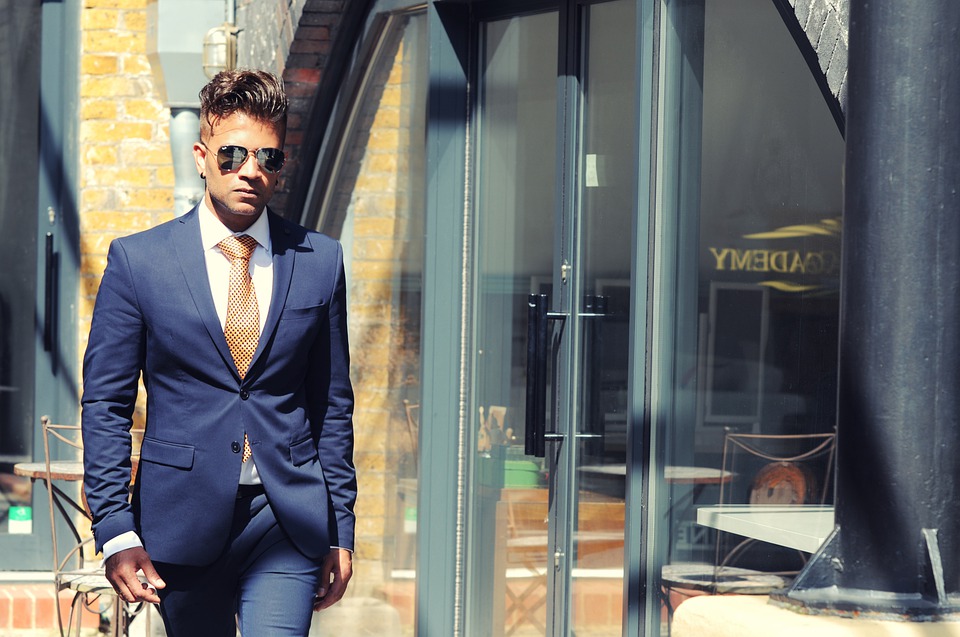The word confidence comes from the Latin word ‘confidere’, which means ‘to have complete reliance or trust’. Most of us know what a confident person looks and behaves like. However, when asked, people are never sure of how confidence works.
While individuals like to typify themselves as extroverts or introverts, confidence is not something you are born with. You become confident when you become aware of your abilities. Simply put, you feel confident when you know that you are good at something, and valued because of it.
How Confidence Works
Being confident can affect your experience of life. People who are confident are rated as being more attractive. They are more likely to succeed at work and are upward mobile. When you feel confident, you feel secure and positive. You are likely to perform well in professional as well as personal situations. So, the more confident you feel, the stronger your confidence grows.
Becoming Confident
Confident individuals have a realistic and practical awareness of their abilities. They do not under or overestimate themselves. If you were to spend some time identifying your core proficiencies, you would also realize that they can be honed. With a practical understanding of your capabilities, you can improve your skill set by practicing, and by adding to them.
Confidence can be bolstered by improving your knowledge, and then applying it. As you feel competent, you value yourself and others see this value too. You come to the understanding that you have influence in your life and can direct it as you wish to.
If you were working on a new project, you would take the time to familiarize yourself with core concepts, and study how similar projects were achieved in the past. You would practice presentation and communication skills, so that when it was time to present the project, you are confident.
Stand Tall
To better understand how confidence works, imagine standing in front of a group, ready to make a presentation. Your posture is confident, you stand tall, your weight is balanced on your feet, and you have a smile on your face. Now, imagine making the same presentation, but this time you are slouching, avoiding eye contact, and perhaps leaning on a table.
Non verbal cues are important to the image you portray. They also constantly offer you feedback. Practice standing tall, keep your shoulders back, and breathe deeply. A power pose changes how you feel, and how people see you.









